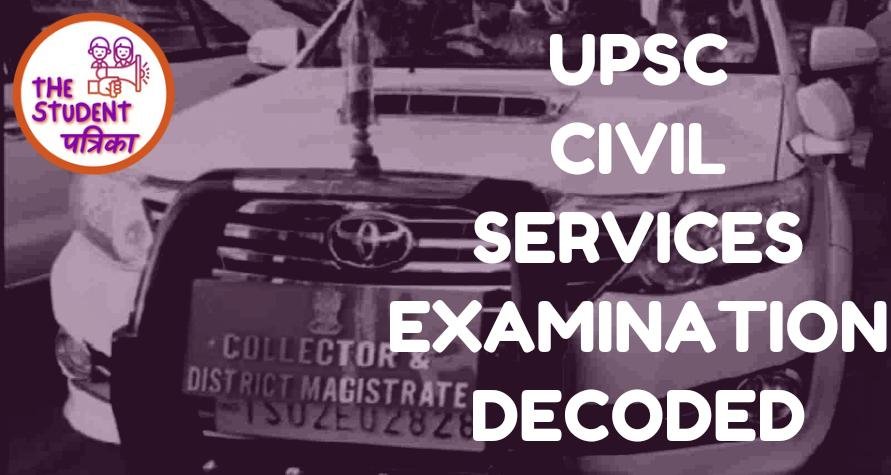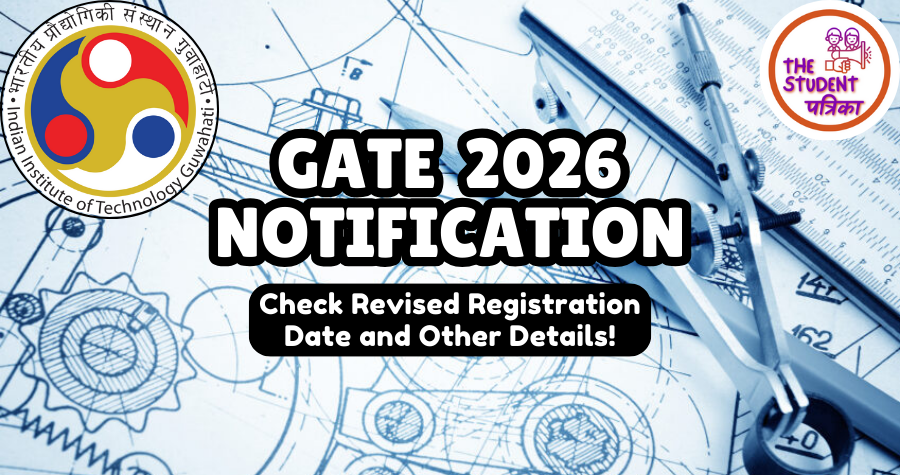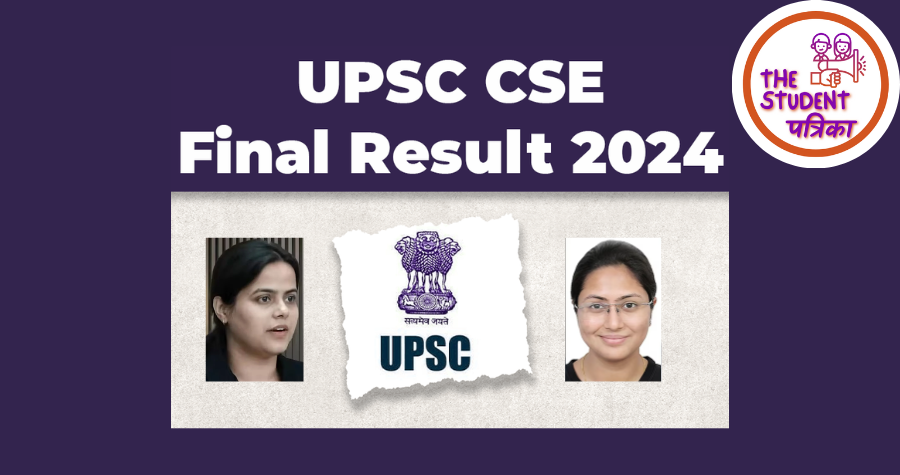
The UPSC Civil Services Examination (CSE) is one of the most prestigious and challenging competitive exams in India. It serves as the gateway to a wide array of top administrative and leadership positions within the country's government machinery. From district collectors to diplomats, the UPSC CSE paves the way for individuals to serve the nation in various capacities. In this comprehensive guide, we will delve into the various aspects of the UPSC Civil Services Examination, including its exam pattern, process, levels, syllabus, job posts, salary, perks, and future growth prospects.
1. Exam Pattern:
The UPSC CSE is conducted in three successive stages:
a. Preliminary Examination (Prelims):
- Objective-type (MCQ) questions.
- Comprises two papers: General Studies Paper-I and General Studies Paper-II (CSAT).
- Paper-I covers topics such as History, Geography, Polity, Economy, Science, and Environment.
- Paper-II (CSAT) assesses aptitude, logical reasoning, and comprehension skills.
b. Main Examination (Mains):
- Consists of 9 papers.
- Paper-A and Paper-B are language papers (qualifying in nature).
- The remaining 7 papers cover a wide range of subjects including Essay, General Studies (4 papers), and Optional Subject (2 papers).
c. Personality Test (Interview):
- Candidates who clear the Mains are shortlisted for an interview.
- The interview assesses the candidate's personality, communication skills, and suitability for a career in civil services.
2. Examination Process:
- Application: Interested candidates must apply online through the UPSC official website during the designated application period.
- Prelims: Those who apply and are eligible appear for the Preliminary Examination, held around June every year.
- Mains: Successful candidates from the Prelims proceed to the Main Examination, typically held around September.
- Interview: Candidates clearing the Mains are called for a Personality Test, usually scheduled between February and April.
- Final Selection: The final merit list is prepared based on the Mains exam and interview scores.
3. Levels of the Examination:
The UPSC CSE can be broadly categorized into three levels: Prelims, Mains, and Interview.
Preliminary Examination (Prelims):
- A screening test to shortlist candidates for the Mains.
- Not counted in the final merit list.
Main Examination (Mains):
- Accounts for 1750 marks in the final merit list.
- Written examination consisting of 9 papers.
Personality Test (Interview):
- Conducted by a board of UPSC members.
- Assesses the candidate's overall personality, knowledge, and suitability for civil services.
4. Syllabus:
The syllabus for the UPSC CSE is extensive and covers a wide range of topics, including:
History and Culture, Geography and Environment, Indian Polity and Governance, Economic and Social Development, Science and Technology, Ethics, Integrity, and Aptitude, Optional Subject (chosen by the candidate)
5. Job Posts:
Clearing the UPSC CSE opens doors to various prestigious job posts, including:
- Indian Administrative Service (IAS)
- Indian Police Service (IPS)
- Indian Foreign Service (IFS)
- Indian Revenue Service (IRS)
- Indian Forest Service (IFS)
Yet there are many more job posts these posts top the prefrences of the candidates.
6. Salary and Perks:
Civil servants in India enjoy attractive salary packages and benefits. The exact salary varies depending on the post, location, and years of service. However, as of my last update in September 2021, an entry-level IAS officer's salary (Basic Pay + Allowances) typically ranges from around Rs. 56,100 to Rs. 2,50,000 per month.
In addition to the salary, civil servants also receive perks such as government-provided accommodation, medical facilities, travel allowances, and more.
7. Future Growth:
The UPSC CSE is not just a job opportunity; it's a platform for continuous growth and development. Civil servants have the chance to make a significant impact on policy formulation, implementation, and governance. Over the years, successful civil servants often rise to higher positions, such as Secretary, Additional Secretary, and even Cabinet Secretary at the highest level.
The UPSC Civil Services Examination is a journey that demands dedication, hard work, and perseverance. It provides an avenue to serve the nation, make a difference, and contribute to the development and well-being of society. Aspiring civil servants should approach the exam with thorough preparation, a solid strategy, and a passion for public service. While the path is challenging, the rewards are immense, both in terms of personal satisfaction and the opportunity to shape the nation's destiny.
ALSO READ:










